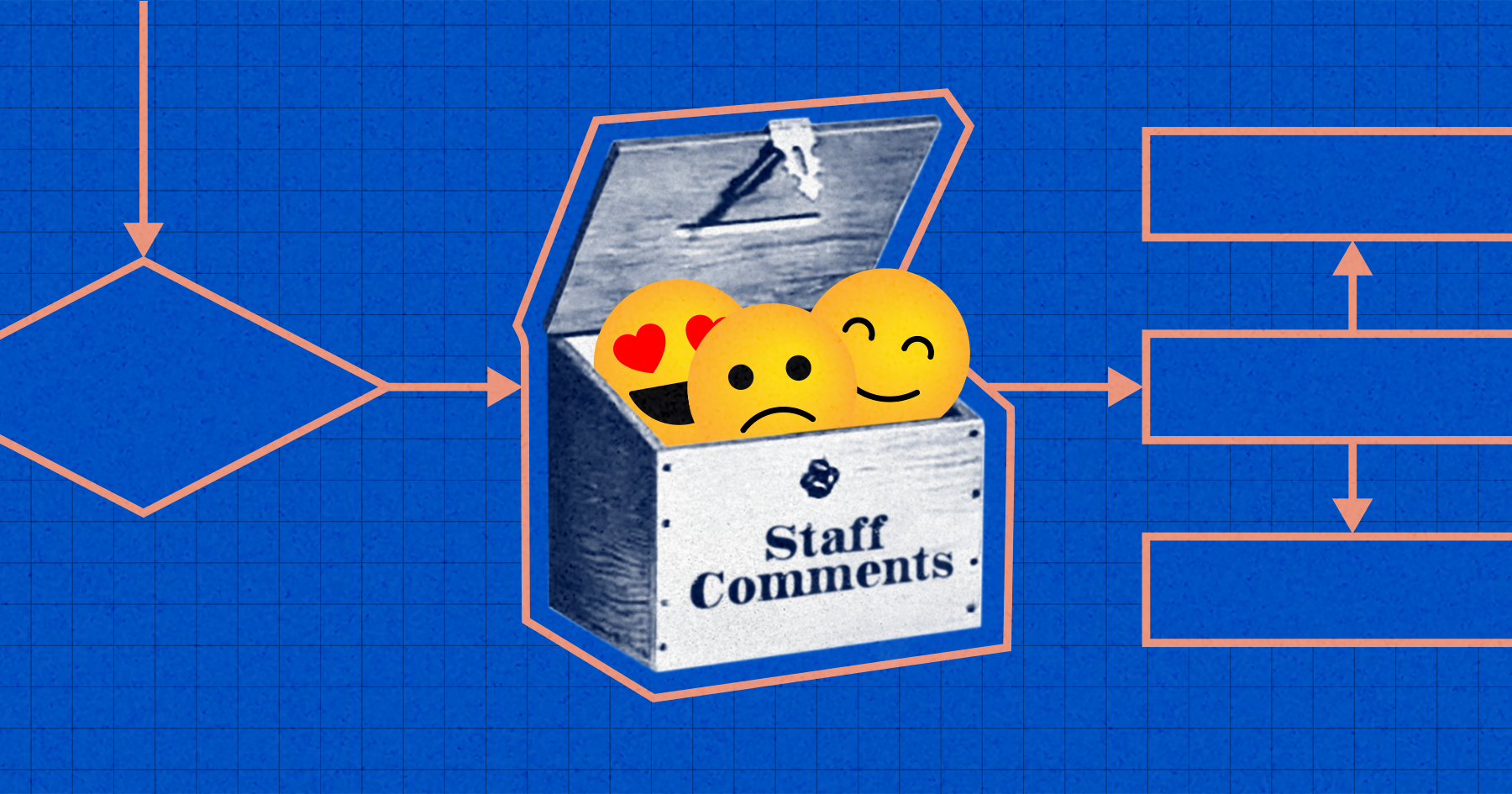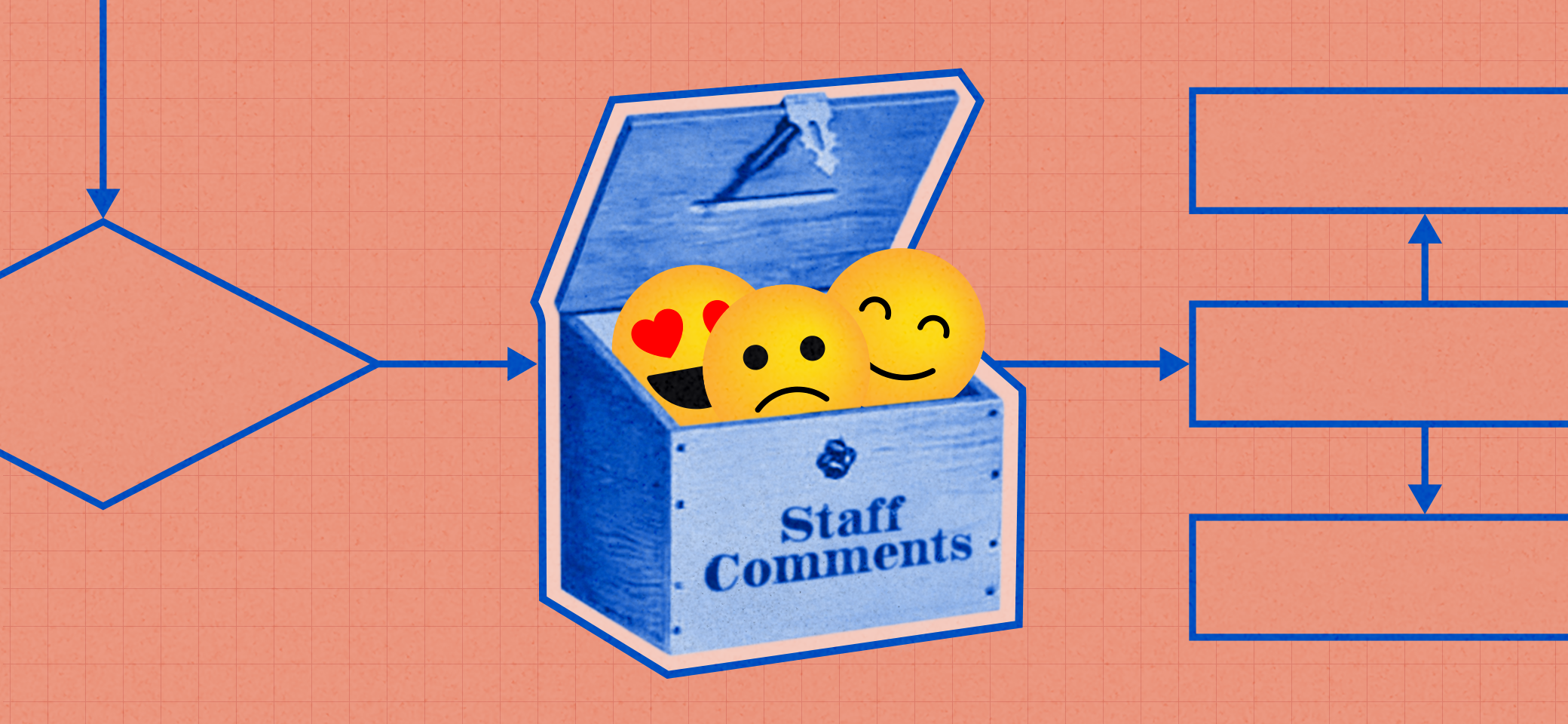Overview
PAI believes that AI has tremendous potential to solve major societal problems and make peoples’ lives better. At the same time, individuals and organizations must grapple with new forms of automation, wealth distribution, and economic decision-making. Whether AI promotes equality or increases injustice, whether it makes all of us richer or the poor poorer is a choice we, as a world, must consciously make.
To advance a beneficial economic future from AI, the AI, Labor, and the Economy Program gathers Partner organizations, economists, and worker representative organizations. Together, these actors work to form shared answers and recommendations for actionable steps that need to be taken to ensure AI supports an inclusive economic future.
Guidelines for AI and Shared Prosperity
Testimonials
Our AI, Labor, and the Economy Work
To chart a course where AI’s economic benefits don’t enrich the few at the expense of the many, 23 notable thinkers from around the globe were brought together virtually in the fall of 2020 to form the AI and Shared Prosperity Initiative’s Steering Committee, identifying major topics of study for this emerging discipline of responsible AI. Based on these deliberations, the AI, Labor, and the Economy Program released “Redesigning AI for Shared Prosperity: an Agenda” in May 2021, outlining practical questions stakeholders need to collectively find answers to in order to successfully steer AI toward expanding access to good jobs—and away from eliminating them.
More recently, the Program released a whitepaper outlining recommendations for improving the labor conditions within AI development itself, specifically those of the professionals who clean and label training data or otherwise contribute human judgment to AI systems. Drawing on insights from a workshop series that brought together over 30 professionals from different areas of the data enrichment ecosystem, “Responsible Sourcing of Data Enrichment Services” highlights how specific decisions made by stakeholders within AI companies impact the working conditions, well-being, and livelihoods of data enrichment professionals.
Updates
Program Workstreams

AI and Shared Prosperity Initiative

Promoting Workforce Well-being in the AI-Integrated Workplace















